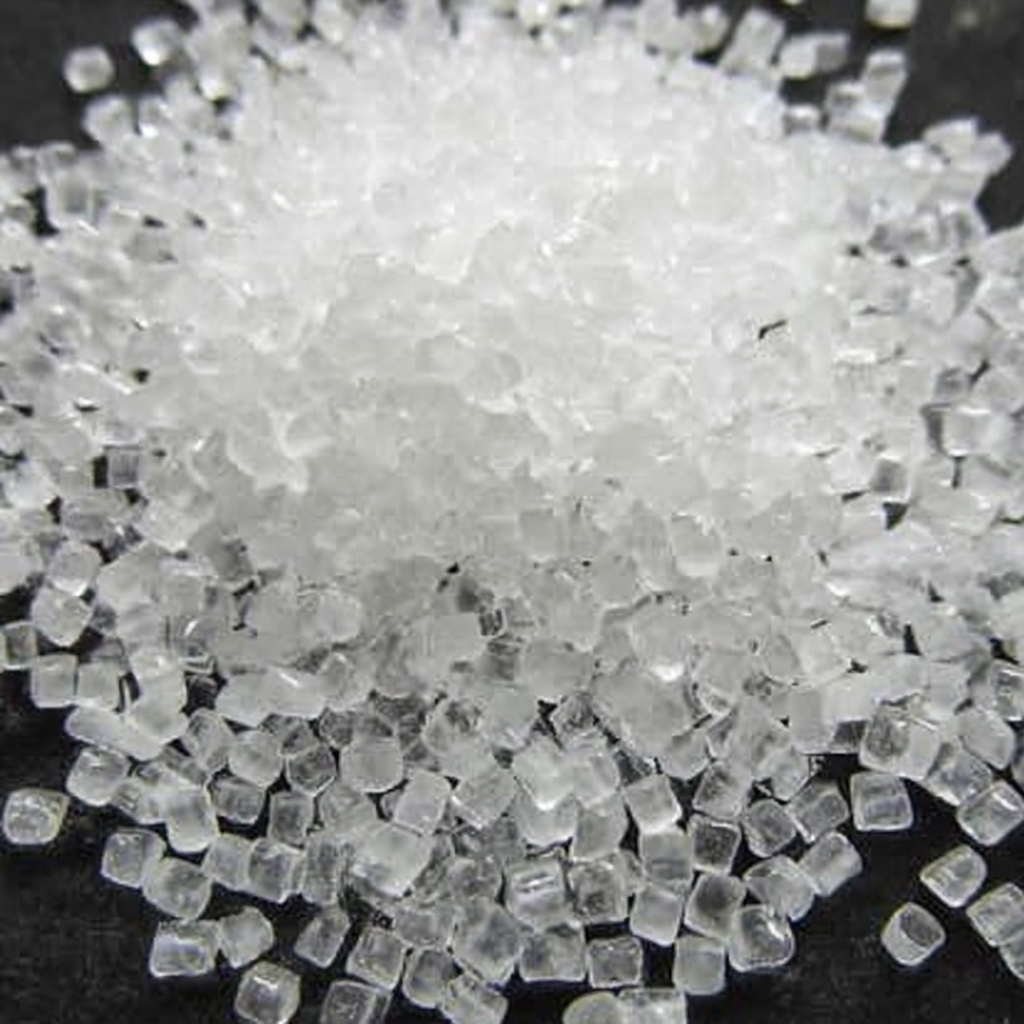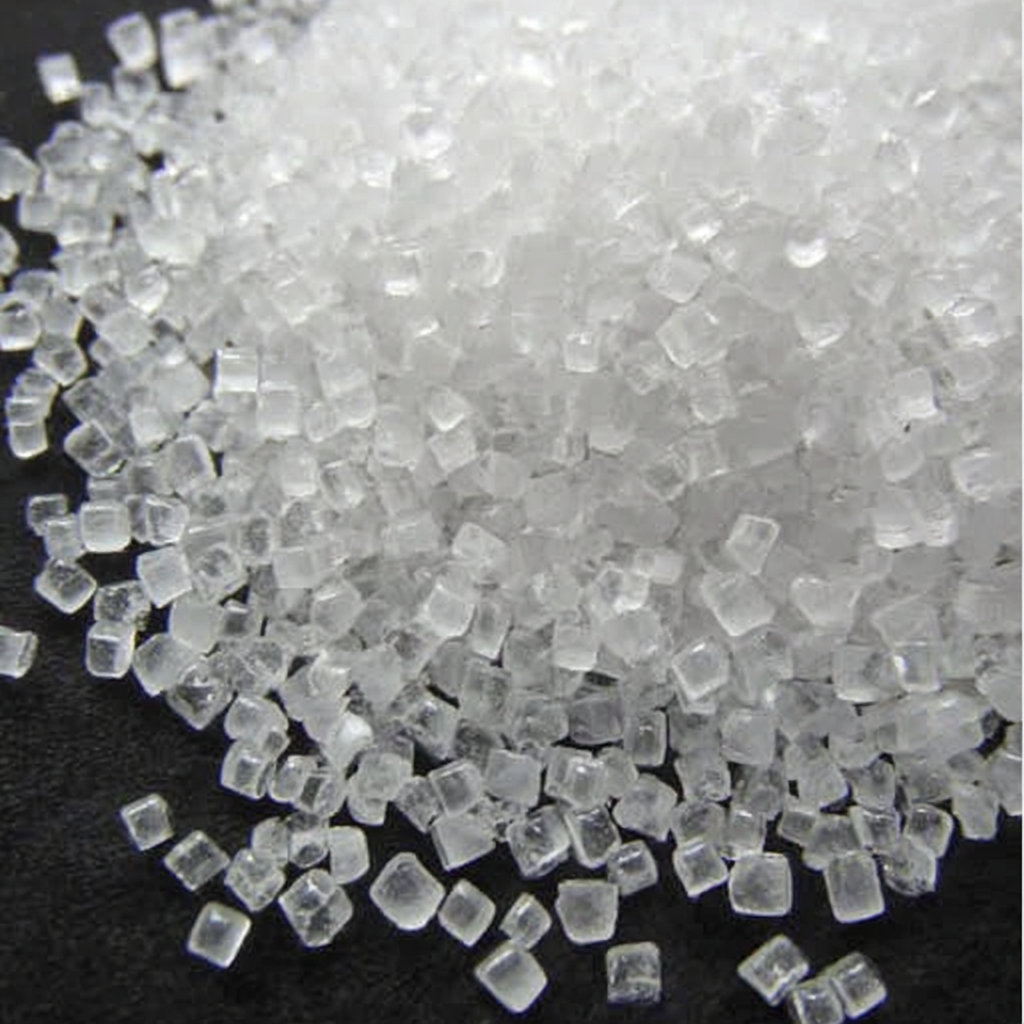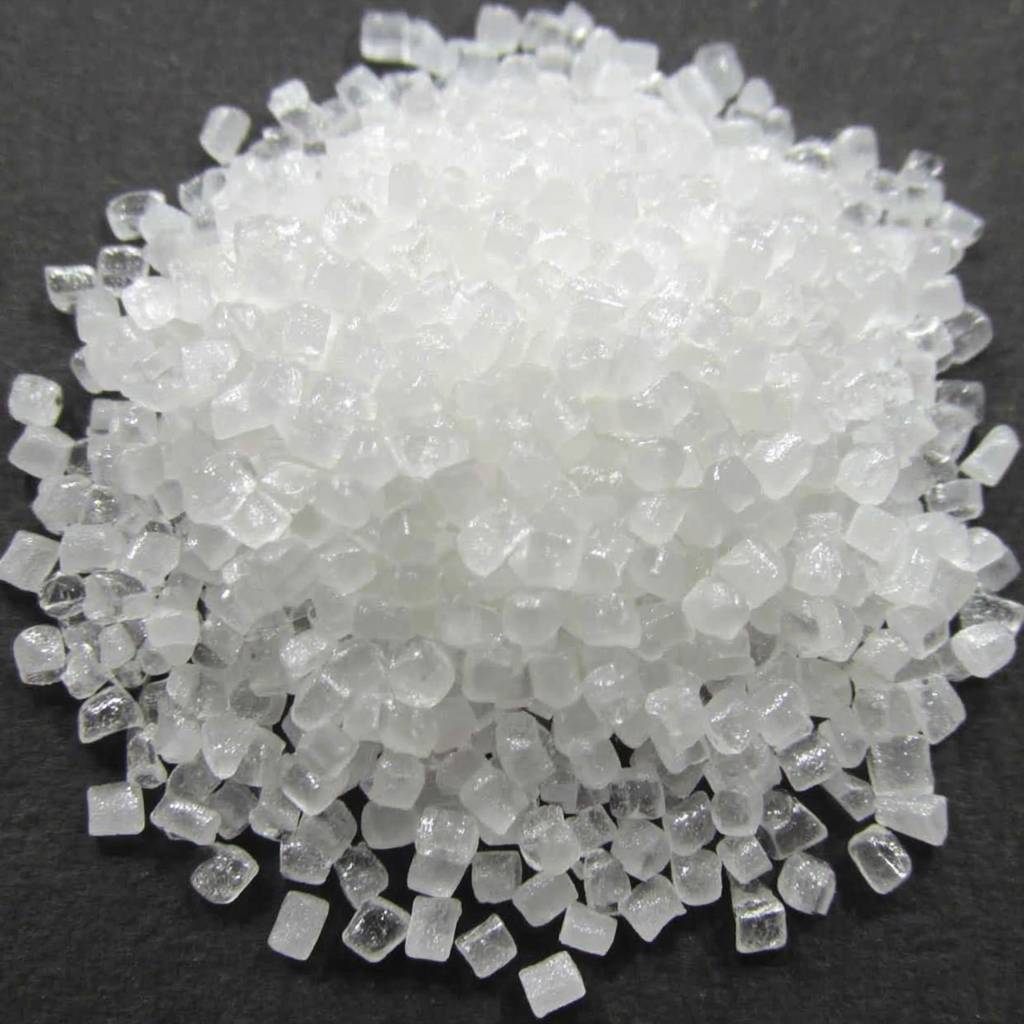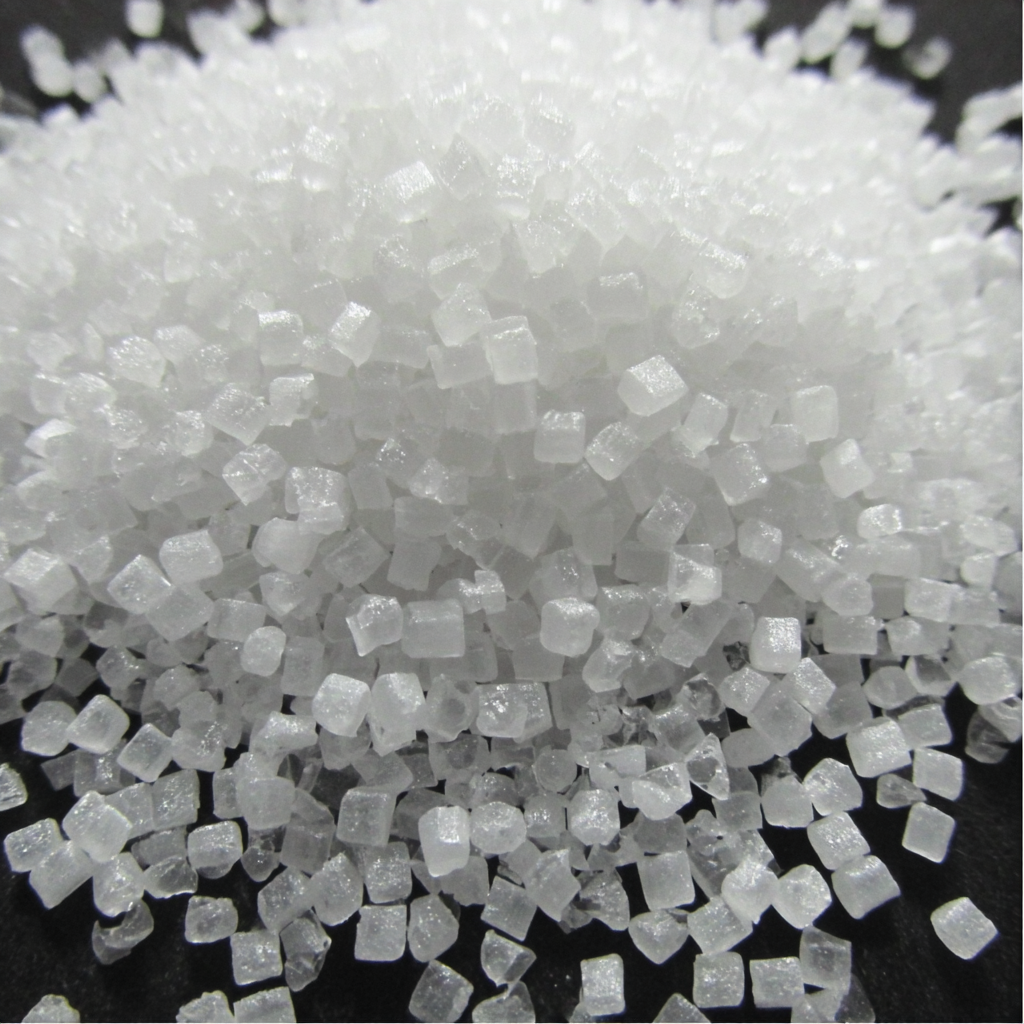Texin PLA Material Injection Molding Products
Texin is committed to providing customers with quality products and services
Texin’s PLA material injection molding products pair renewable, fully biodegradable polylactic acid with tailored compounding and tight process control to meet food, medical and consumer needs. Impact‑modified, PBAT‑blended (5–30%) and heat‑resistant grades (≥100–120°C) deliver reliable performance and certification support.
Classification:
Plastic pellets
Key words:
Get Quote
At Texin we make PLA material injection molding products that customers can rely on in real applications — not just on paper. PLA (polylactic acid) brings real environmental and safety benefits because it’s made from renewable starch (corn, cassava, sugarcane) and can be biologically degraded to CO2 and water. But turning PLA into dependable injection-molded parts takes careful material design and precise processing. Below I explain why these parts are demanding, how we solve the common problems, and answer the practical questions buyers and manufacturers ask most often — with numbers you can trust.

Why injection-molded PLA parts are a higher bar
- Thermal limits: unmodified PLA sheet softens at roughly 55°C, which is a problem for hot-food or high-temperature processing. That’s why simple PLA pellets won’t work for many applications without modification.
- Mechanical concerns: PLA can be brittle and has limited oil resistance in its base grade — both crucial for tableware and many consumer parts.
- Processing sensitivity: PLA is moisture-sensitive, has a narrow thermal window and needs tight control of drying, melt profile and mold cooling to avoid warpage and defects.
- Regulatory demands: food contact, medical devices and compostability claims require certified testing and documentation.

How Texin addresses these issues
- Targeted grades and compounding: we supply PLA material injection molding products formulated for higher heat tolerance and toughness. Where needed we use impact modifiers, plasticizers or blends — for films, PBAT blends at 5–30% are commonly used to improve toughness and processing stability.
- Verified heat performance: while standard PLA is around 55°C for sheet, our modified injection grades routinely reach ≥100°C, and select formulations can tolerate up to ~120°C for microwaveable items — with test reports on request.
- Process control: we emphasize optimized drying, tight melt/temperature control and mold-temperature management so parts meet dimensional and mechanical specs consistently.
- Certification support: for compostability and medical claims we guide customers to the relevant standards (EN 13432 / ASTM D6400 for compostability; ISO 10993 for biocompatibility).

Common, practical questions (concise answers with data)
Q: Can I microwave or wash these PLA injection-molded products?
A: Check the grade. Unmodified PLA softens near 55°C and can deform in high heat. Texin’s modified injection grades are engineered to withstand ≥100°C, and some formulas are validated to ~120°C for microwave use — always verify with our HDT and microwave test reports before labeling an item microwave-safe.
Q: Will PLA break easily or resist grease/oil?
A: Base PLA can be brittle and has limited oil resistance. We improve toughness through modifiers or blends; for films PBAT at 5–30% improves toughness and shelf-life. For rigid parts we use impact-modified PLA grades tailored to the application.
Q: Is PLA safe for food and medical use?
A: Yes. PLA is non-toxic and fully biodegradable to CO2 and water. It’s already used for disposable foodware and medical devices (sutures, absorbable bone fixation like pins and plates). For medical applications Texin can help with biocompatibility testing per ISO 10993 and clinical/regulated-device support.
Q: How biodegradable is it in real life?
A: PLA is stable at room temperature but degrades faster under elevated temperature and microbial activity. For industrial composting, EN 13432 / ASTM D6400 are the accepted standards — Texin can supply guidance and test data for certified grades.
Q: What should manufacturers expect during molding?
A: Key challenges are moisture sensitivity, narrow processing window, crystallization and potential warpage. The fix is precise drying, controlled melt/temperature profiles and mold temp control — all of which Texin supports with process recommendations and tailored resin grades.
Q: How does PLA compare visually and for printing?
A: PLA offers high gloss and transparency comparable to polystyrene; oriented grades (BOPLA) give excellent display clarity and sealing. It also accepts conventional printing methods well.
Q: What’s the environmental trade-off if PLA is incinerated?
A: PLA’s calorific value on incineration is about half that of typical plastics like PE, and it does not emit nitrogen or sulfur oxides during combustion — a meaningful advantage where incineration is part of waste management.

Short wrap-up
PLA material injection molding products can deliver sustainability without giving up performance — but only when the right grade, compounding and processing know-how are applied. At Texin we combine targeted formulations (heat-resistant grades ≥100–120°C, PBAT blends 5–30% where appropriate) with production support and certification guidance so you get parts that perform in food, consumer and medical applications while retaining PLA’s environmental benefits. If you’re evaluating PLA parts for a specific product, tell us the intended use and we’ll provide recommended grades, processing parameters and test reports. Contact Texin to start the discussion.
● Many years of mold design, development and manufacturing experience
● Pursue excellence and cast high quality
● High quality, high efficiency and high precision
● Take the initiative to provide timely, fast and dynamic customer service








A simple 3-step process for quickly obtaining a commercial offer
Step 1: Leave your details and our technical specialists will contact you within 24 hours.
Step 2: Confirm the materials for the production process and technical specifications.
Step 3: Get the commercial offer and the lead time.

